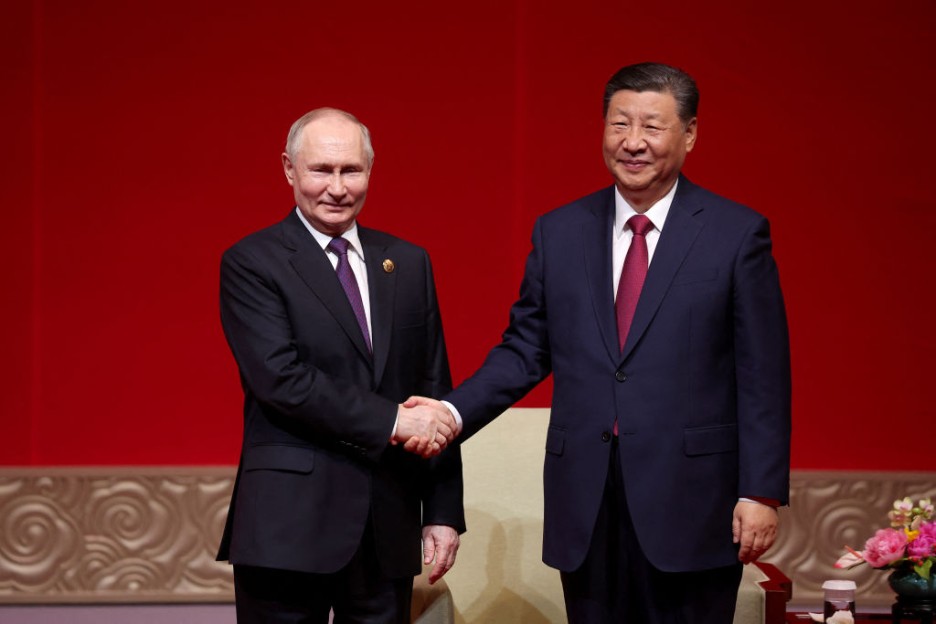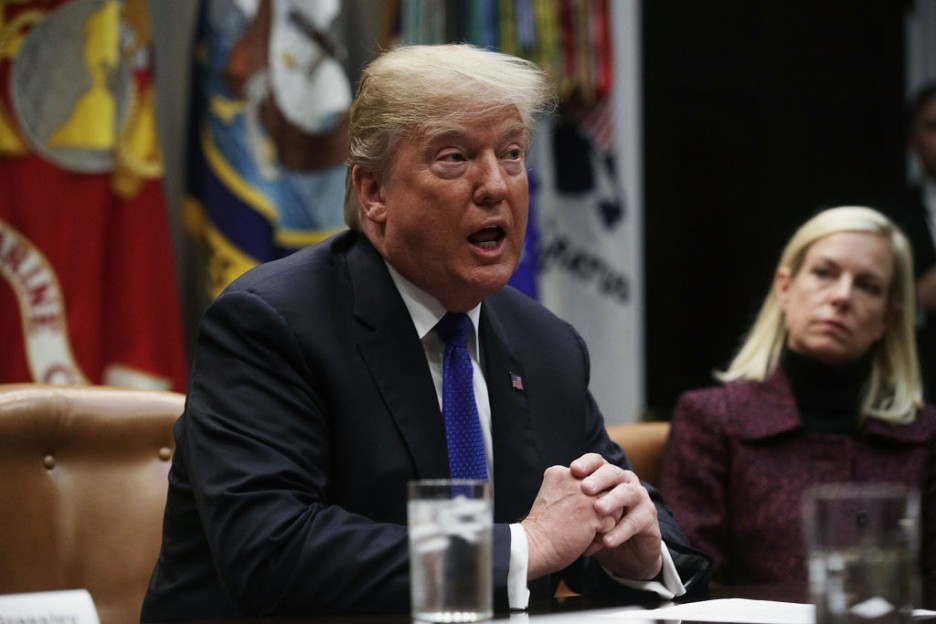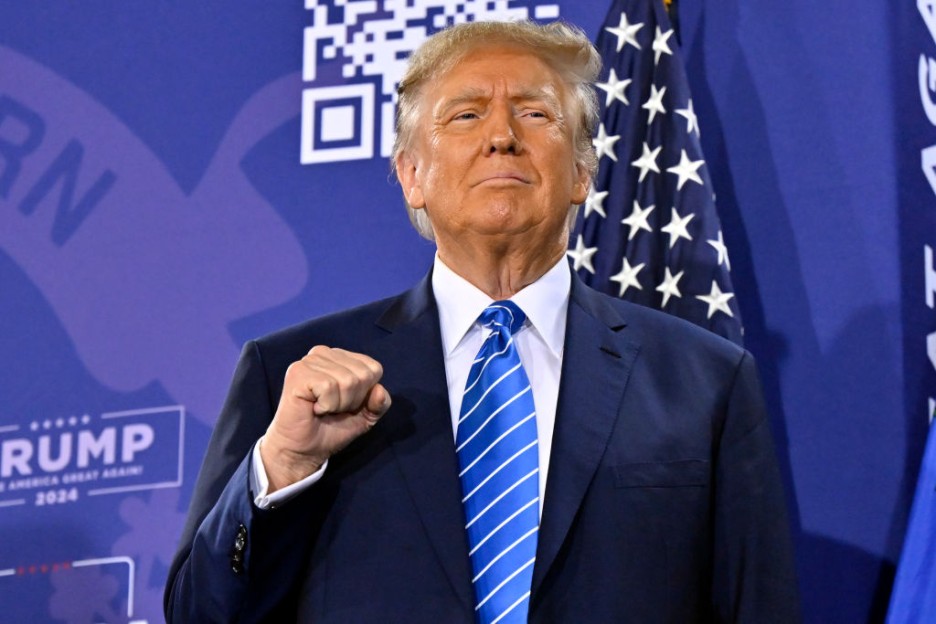Putin To Deploy 'Nuclear Weapons In Space' As Trump Plans Return To Moon: Expert

A space policy expert and educator says Russian President Vladimir Putin's alleged plan to deploy an anti-satellite weapon in space is a "serious concern" for the U.S.
In a Thursday interview with GBN America, Arizona State University clinical professor Greg Autry said he believes the U.S. needs to step up its space ventures as Russia and China allegedly are "moving aggressively" in this area.
"Russia in particular appears to be preparing to deploy nuclear weapons in space that will be designed to create electromagnetic pulse effects to destroy other nation satellites," said Autry, the director of the Thunderbird Initiative for Space Leadership, Policy and Business at ASU's Thunderbird School of Global Management.
"This is a serious concern."
Fears that Russia was developing a space-based nuclear weapon potentially designed to target U.S. satellites first surfaced in February.
Moscow quickly denied the claims, with Putin saying his country was "categorically against the deployment of nuclear weapons in space," the BBC reported.
Russian Defense Minister Sergei Shoigu also said in a statement: "Firstly, we don't have this [nuclear weapons in space]. Secondly, they know we don't have it... but they're still making a fuss."

RELATED : Taylor Swift Successfully Beats Vladimir Putin, Xi Jinping And King Charles For This Iconic Title
However, on Tuesday, a Pentagon official said the U.S. assessed that the satellite Russia launched on May 16 was a "counterspace weapon, presumably capable of attacking other satellites in low Earth orbit," including one belonging to the U.S. government, NBC News reported.
Russia denied the claim Wednesday, with Deputy Foreign Minister Sergei Ryabkov calling it "fake news injected by Washington," according to Russian state news agency TASS.
Meanwhile, Autry praised former president and current presidential candidate Donald Trump's space-related initiatives during his time in the White House, including the creation of the Space Force and reestablishment of the National Space Council.
"Every Trump initiative in space has been continued in the Biden administration but with less enthusiasm," Autry told GBN America.

According to the space expert, Trump sought to have humans return to the moon and could continue working toward this goal if he secures a second term in office.
Explaining the importance of such space ventures, Autry responded, "When you think about the resource limitations which we're beginning to see on Earth to some degree, you have to look to somewhere else."
"Space has a lot of the things we really need," the professor added. "We want to make sure we're in a position to get to those resources before our competitors, frankly, China, tie them up."
During his last year in office, Trump signed an executive order reaffirming a previous Congress decision that gives American people and companies the right to collect resources in space and make use of those resources, according to CNBC.
According to NASA, the moon alone "holds hundreds of billions of dollars of untapped resource," including metals and rare-earth elements.






